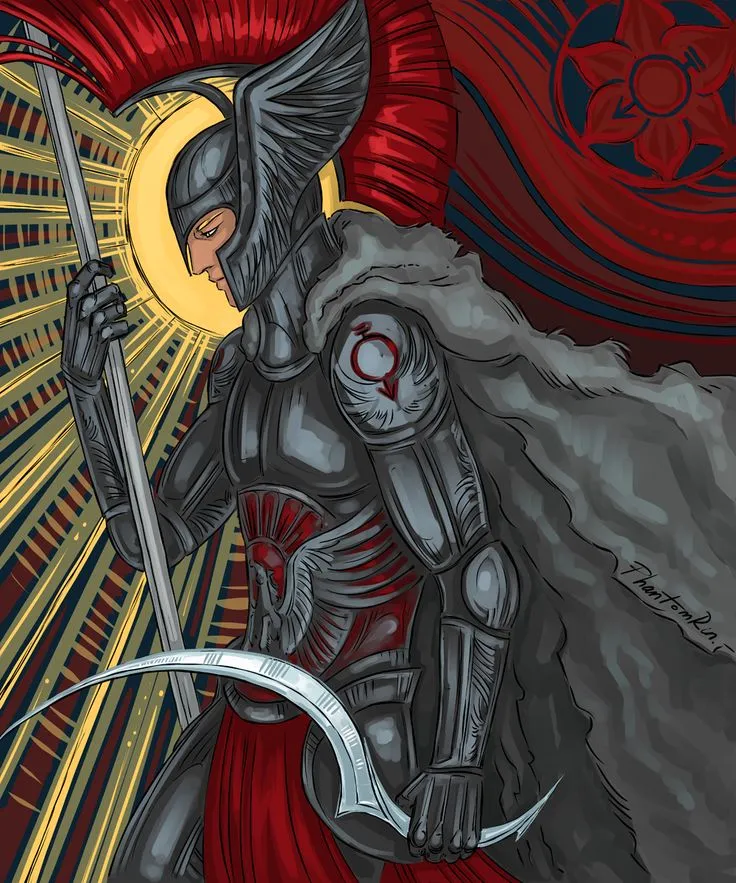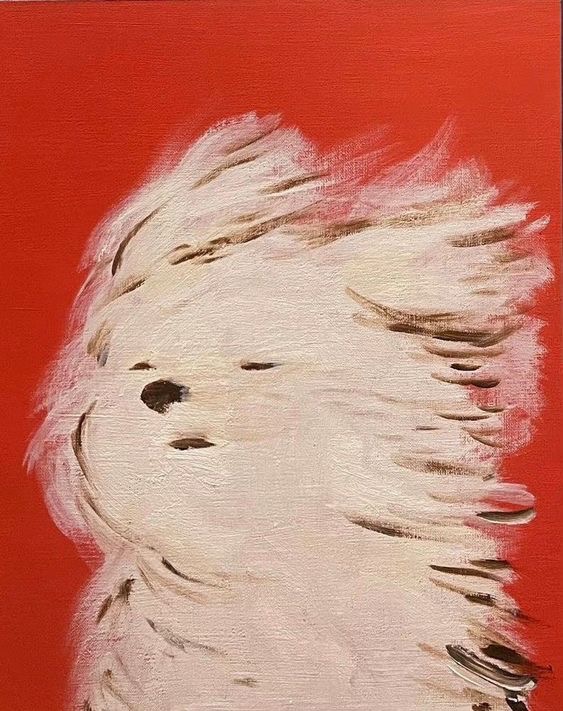I’m trying to find any redeemable qualities that make me feel better for the time I spent reading it. I could have put it down, but the raving reviews made me think that it would get better.
It didn’t.
I loathed it. With passion.
I’ve been listening to the audiobook and have enjoyed it so far. About half way through.
I loved it. Loved the historical setting and its exploration of racism, imperialism, capitalist exploitation at that time and place with the perspectives of diverse characters.
I already enjoy linguistics and learning languages, so I may be biased towards already liking the premise of the novel. (And dark academia is totally up my alley.) The way the author explores the nature of language and how certain parts of ideas always get lost in translation was pretty cool; and using that as a form of magic (that could then be exploited only from native speakers of the language no less) was so cleverly done.
Add in the character conflicts between the four friends, a campus strike, and working class solidarity (with a dash of “be gay do crime”)… I was hooked.
I did like the magic system, and in fact it was what drew me to the book at first.
Sadly, I found the characters bland and annoying. The footnotes were the cherry on top, as I feel they were extremely condescendent.
I’m very glad to hear that you enjoyed it tho! That’s what books are for!
I read it, and I really enjoyed it. I will give a few reasons.
There are tons of spoilers here, by the way, you were warned.
References to the themes the work relates to including some specific events.
- Focus on language. The entire conceit of translation means there’s lots of careful language in the book, which I enjoy reading.
- Theme. There are two major themes I can see that I enjoyed: on one hand, the theme of imperialism, with the British Empire making use of its power to oppress people abroad. This is certainly central. On the other hand, the operation of empire doesn’t even help most British people themselves, hence the uprising. These themes are interesting to me.
- Subthemes. But there are a lot of subthemes, issue that make you think when reading the book. Just a couple of examples: brain drain, the way translators are plucked off their societies to serve empire; the interaction of relative privilege with relative oppression, in the way that the foreign-looking translators get treated at the party; the notion of language itself as an exploitable resource (more relevant in connection to AI and the use and exploitation of corpora); the weaknesses of imperial centralisation, which could also be a critique of the cloud (the way the silver bars are connected to teach other); and the whole thorny issue of white feminism, which is very sharply demonstrated by one particular character.
I also think there are very poignant situations in the book: the two brothers at odds, the reluctance to violence, the scene where the professor beats his pupil, the attempt to follow Muslim ethics and law while having to handle practical reality…
So in short, it was one of my favourite books in the last few years. It also illuminates the opium wars in a way that hasn’t often been done before.
I’m very glad to read that some people enjoyed it hahaha. The opium part hits hard, to be honest
I loathed it. With passion.
did you loath it while you were reading it?
Yes but as I mentioned in the post, I kept expecting it to improve, as the reviews said. Being honest, I didn’t dislike the very end, but the rest…
I read and enjoyed it but it was definitely very “hit you over the head” on imperialism/colonialism, and the ending was kind of predictable.
The Poppy War trilogy, however, I am nearly finished with and I have absolutely loved. It is raw, honest, unpredictable, and very well written. Also long af.
I liked poppy wars but it was a bit too relentlessly nihilist for me. I thought Babel was, if anything, better balanced in terms of presenting empire as a system where people who are not inherently out to harm others end up doing so anyway.
Not much to talk about if you don’t explain what you loathed about it.
The magic system was great, and I really enjoyed the linguistics parts. However, the characters felt incredibly boring, bland, kinda stupid at times… For a world with magic, it felt just like ours, and in fact magic changes nothing in its history compared to ours.
The footnotes were the cherry on top of my dislike, turning it into loathe. I don’t like being told what to think and how to interpret things.
I felt that Kuang was breathing down my nape, silently watching me to make sure I got the point of that slavery, capitalism and colonialism are bad.
I thought the linguistics part was great. Super fascinating and in depth and well explored.
The magic, historical fantasy and basically the rest of the book was awful.
Can you elaborate on the aspects you found awful?
Honestly, I read the book 2 years ago. I rarely review books when I read them, but this book I took the time to write one.
Like I said, the academic linguistics side of this was fascinating. I still refer back to the lesson on translation the word
ciaoand how complex one word is. Before you even get to tone, content, sentence structure or any of the other complexities of language.The magic side of it felt shoehorned into the book to make writing a conclusion easier. As you read it, imagine removing the magic and the plot is guided by less arcane happenings. How much could happen with just the bureaucracy, imperialism and capitalism?
Let alone… this is a world with literal magic. And history happened exactly as the real world? No difference except shellfish at a ball in the 1800s
Thanks for taking the time.
THAT’S IT. That’s how I feel hahahha. Also the characters, good God, they were like flour.
I didn’t loathe it, but I didn’t much care for it. It’s basically a polemic about the history and effects (racism, poverty, income inequity, classism) of colonialism and capitalism. Not that that would make a bad novel per se, but I was expecting something more fantastical. The promise of linguistic magic was a big draw for me, but I felt this book could have been written, and maybe should have been written, as straight-up historical fiction, instead of promising fantasy that it pretty much failed to deliver.
Yes!
I started reading it yesterday, so I’ll let you know.
Why did you dislike it?
The magic system was great, and I really enjoyed the linguistics parts. However, the characters felt incredibly boring, bland, kinda stupid at times… For a world with magic, it felt just like ours, and in fact magic changes nothing in its history compared to ours.
The footnotes were the cherry on top of my dislike, turning it into loathe. I don’t like being told what to think and how to interpret things.
I felt that Kuang was breathing down my nape, silently watching me to make sure I got the point of that slavery, capitalism and colonialism are bad.
Yeah, you’re right about the footnotes. I read someone the other day saying they felt like Kuang was writing with an imaginary social justice scold hovering over her, and I think that’s about right. I find it odd that someone feels they have to say ‘racism — which is bad, by the way — exists in this society’. We know it’s bad! Even racists don’t like being called racist!
So many people ranted and raved about it.
I finished it, but I hate read it from about the ⅓ point until the end.
I don’t understand why anyone would like ita and I too loath it, with a passion.
There are no redeeming qualities, it was time I’ll never get back. The only positive thing is, combined with hate reading the 3 Body Problem trilogy around the same time, I came to the conclusion that just because I bought/was gifted a book, doesn’t mean it can’t be a DNF.
At least you got something out of it hahahah
I didn’t hate it. I liked it. I didn’t love it tbh and was disappointed because it had been overhyped in my opinion.
I think R.F. Kuang is a glorious writer if 1/ you like worldbuilding and extensive exposition and 2/ you don’t mind messy and underwhelming endings.
Kind of a weird post, it’s a pretty long book why did you keep going? It’s a fun bit of wish fulfillment, a story about engaging in serious and violent revolution against a colonizing empire. It’s a bit on the nose, yes, but if you hated the book instead of just thinking it was a bit cartoonish in certain respects, then you might want to ask yourself some deeper questions.






